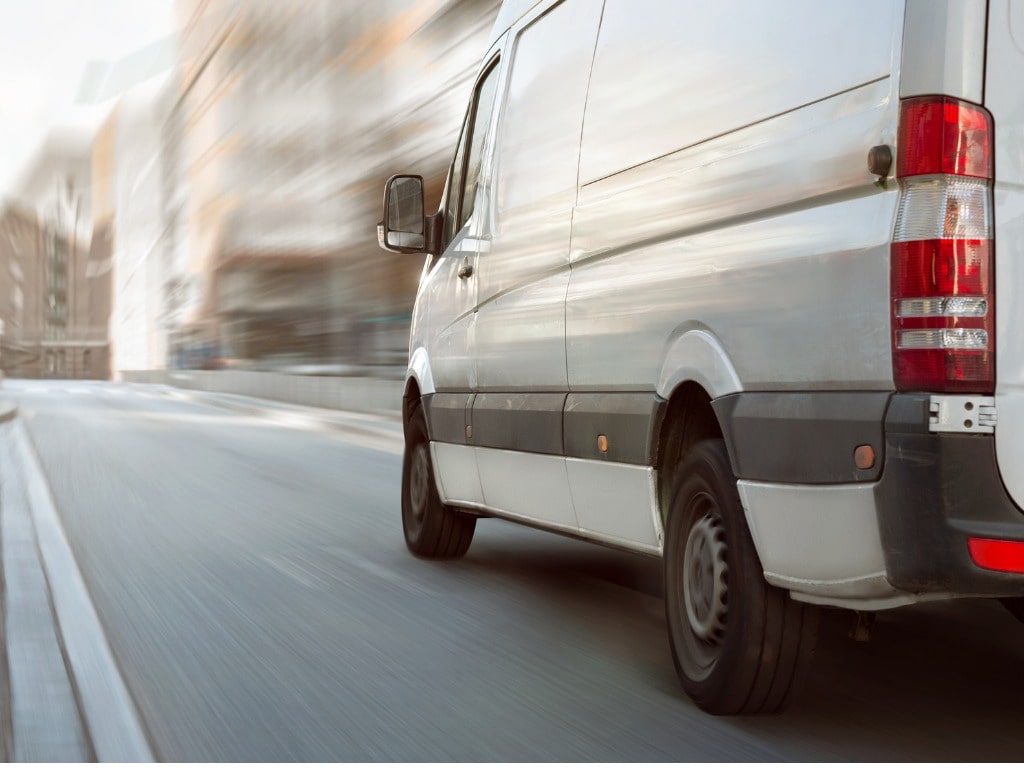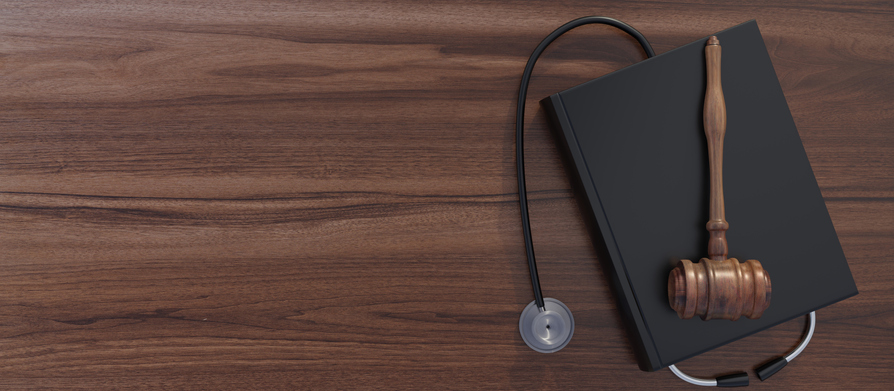New Colorado commercial vehicle legislation impacts personal injury claims by introducing stricter regulations and accountability measures for commercial drivers and their employers. As a result, when representing crash victims, our Denver commercial vehicle crash and injury attorneys may refer to these new laws to establish negligence if the commercial driver or company fails to comply with these regulations.
This can lead to more robust commercial vehicle accident and injury claims, ensuring our clients receive the support and compensation needed to cover medical expenses, lost wages, and other damages resulting from a crash. Here are the latest Colorado commercial vehicle legislation changes, effective August 2024.
Colorado House Bill 24-1135: Offenses Related to Operating a Commercial Vehicle
Under existing law, operating a commercial motor vehicle without a commercial driver’s license, operating a commercial motor vehicle if the operator is under the age of 21, or driving a commercial motor vehicle if the person has more than one driver’s license is a class A traffic infraction. HB24-1135 makes each a class 1 misdemeanor, except if a person presents a valid commercial driver’s license to the court within 30 days.
The act also creates a new offense for motor carriers and employers who allow such individuals to operate a commercial motor vehicle. If an employer, officer, or agent knows or reasonable should know that a driver is under the age of 21 or does not have a valid commercial driver’s license, they can be charged with unlawful direction to operate a commercial motor vehicle, which is a class 1 misdemeanor traffic offence. This new offense will hold companies who put commercial vehicles on Colorado roads accountable for ensuring they only allow properly licensed drivers behind the wheel of these larger vehicles that can cause catastrophic injuries to Colorado citizens when they are involved in a crash.
Colorado Senate Bill 24-100: Commercial Vehicle Highway Safety Measures
Senate Bill 24-100 significantly changes Colorado’s commercial vehicle highway safety measures.
Section 1 of the act changes the geographic locations where the Colorado Department of Transportation has authority to require specific traction-enhancing equipment for any commercial vehicle with a declared gross vehicle weight rating of 16,001 pounds or more from September 1 through May 31 of each year during any conditions that exist on the highway to the following corridors located on the western slope:
- Interstate Highway 70 (I-70) west of milepost 259 (Morrison).
- Colorado State Highway 9 from milepost 63 to 97 (Frisco to Fairplay).
- S. Route 40 west of milepost 256 (Empire).
- S. Route 50 west of milepost 225 (Salida).
- S. Route 160 west of milepost 304 (Walsenburg).
- S. Route 285 west of milepost 250 (Morrison).
- S. Route 550 from milepost 0 to 130.
Section 2 allows the department to establish heightened speed limit enforcement zones (zone) within public highways in Glenwood Canyon on I-70 eastbound from milepost 116.0 to milepost 131.0 and westbound from milepost 118.5 to milepost 131.0 where there are safety concerns related to commercial motor vehicle drivers exceeding the posted speed limits. If the department establishes a zone, the department must erect signs identifying the zone and notifying commercial motor vehicle drivers that increased fines are assessed for speeding in the zone.
Section 3 makes it a traffic offense for any commercial vehicle to be driving in the farthest left lane on I-70 between milepost 115.5 and milepost 131.0 (Glenwood Springs), between milepost 169.5 and milepost 173.0 (Dowd junction), between milepost 180.0 and milepost 190.5 (Vail pass), between milepost 205.5 and milepost 221.0 (Eisenhower-Johnson tunnel), between milepost 224.0 and milepost 228.5 (Georgetown hill), and between milepost 243.0 and milepost 247.0 (Floyd hill) during all conditions on that highway except to pass a vehicle driving under the posted speed limit safely.
Section 4 subjects a commercial motor vehicle driver who commits a speeding violation in a zone to double fines and surcharges except when a commercial motor vehicle commits the violation within a highway maintenance, repair, or construction zone and is already subject to an increased penalty and surcharge.
Section 5 ensures that a port of entry officer has all the powers of a peace officer when enforcing highway closures and the state’s winter traction device law.
Section 6 requires the department’s freight mobility and safety branch to study potential additional locations of chain-up and chain-down stations and to study what appropriate technology could be added to existing chain-up and chain-down stations to improve safety and mobility. The study must identify existing barriers to building new chain-up and chain-down stations, examine the economic and safety impacts of commercial motor vehicle incidents and closures during inclement weather events, and examine commercial motor vehicle parking locations on I-70.
Section 7 allows the fuels impact reduction grant program to fund a study on the feasibility of new chain-up and chain-down stations. EFFECTIVE August 7, 2024
The Colorado Legislature enacted these new restrictions with the goal of improving safety on high-risk highways with a history of serious and catastrophic crashes caused by commercial truck drivers failing to drive at safe speeds or to utilize chains during inclement weather.
Contact Our Skilled Personal Injury Lawyer Today
While we hope you never need us, if you or someone you love has been injured in a crash caused by a commercial truck in Colorado, contact our skilled personal injury lawyers in Denver at Donaldson Law, LLC by calling (720) 487-1354 or contact us online to schedule a free, confidential consultation to discuss your case.





